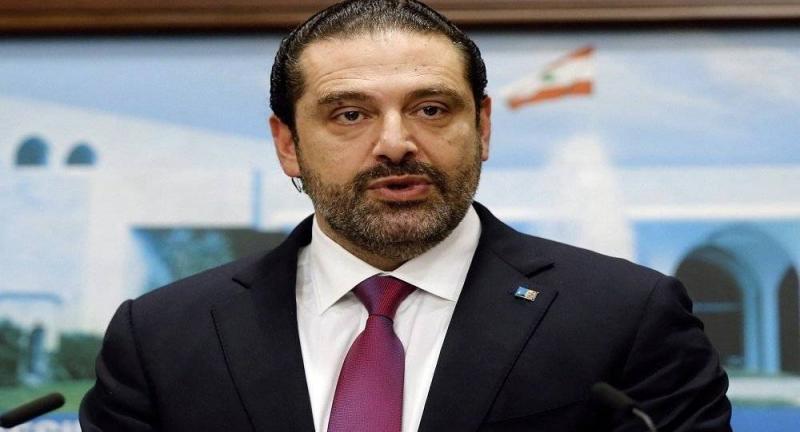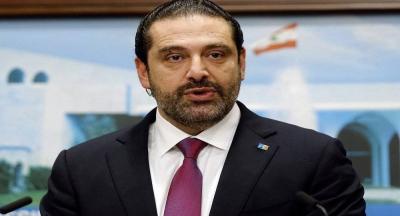The appointed president Saad Hariri confirmed that a solution for forming the government exists, and there is international enthusiasm to rescue Lebanon and rebuild the capital, stating that "there is no way out of the crisis without the Arabs and the international community."
During a speech on the anniversary of the assassination of the martyr Rafik Hariri, the appointed president stated, "The Lebanese know who has disrupted and destroyed the country for 30 years," pointing out that "the level of deceit regarding the government formation is unbearable." Hariri emphasized that fighting corruption should not involve political pressure on the judiciary to open some files and close others, but rather through its independence. He stated that Lebanon needs a government of independent experts, as outlined in Macron's initiative.
Hariri called for the handover of suspect Ayyash, who is implicated in Rafik Hariri's assassination, indicating that no matter how long it takes, the cycle of assassinations must stop.
He clarified that those who are preventing the formation of the government are also blocking the launch of reforms, mentioning he had 16 meetings with the Lebanese president since being tasked with the formation. "In the second meeting, he provided me with a list of names he deemed appropriate," denying accusations of infringing on Christian rights, adding that "these accusations cannot be directed at a student of Rafik Hariri's school." He noted that as long as there is no stability and state, no one can claim their rights, whether Christians or others.
He added, "Out of 18 ministers, I considered that the President has six of them for the Tashnag party, and among the remaining five, four meet the criteria of expertise, non-party affiliation, and competence that I chose from his list, while the fifth is a respectable, non-partisan expert close to him who had previously asked me personally to support her nomination for a prominent position."
Hariri addressed the issue of the blocking third, which he identified as one of the primary obstacles to forming the government, stating, "The blocking third is impossible... it means that every decision made by the government must return to the owner of the blocking third for negotiation and bargaining."




